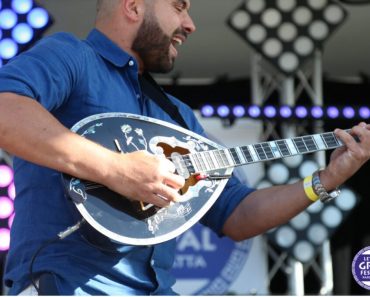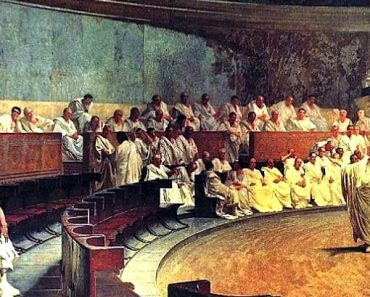
Archaeologists unearthed the 1,800-year-old statue head of an ancient Greek god at Fethiye Castle in southwestern Turkey. The castle is one of the region’s iconic landmarks. The archaeologists believe it may represent the god Apollo.
Professor Kadir Pektas, leading the excavation for the past three years under the Turkish Ministry of Culture and Tourism, reported the find. The team uncovered the head, dating to the second century A.D., embedded in the castle’s inner wall near the flagpole. “This is a very important piece for us,” said Pektas, highlighting the significance of the discovery.
Currently displayed at the Fethiye Museum, the head has drawn attention for its potential link to Apollo, the Greek god of the arts, poetry, and the sun. Pektas commented, “The head could belong to Apollo or another historical figure.”
He further explained that the use of a drill, common in the second century A.D., helped confirm the time period when the artifact was created. “The statue may belong to Apollo or another figure from history,” he added. “What we know for certain, given the drill marks, is that the head dates to the 2nd century A.D.” Inside the fort, the team also found cannonballs, everyday objects, and ceramic fragments.
Apollo, the god of the arts, the sun, fire, music, and poetry, holds a central place in the Greek Pantheon. Symbolizing wisdom, Apollo also served as the patron of divination. The son of Zeus and Leto, they admired him for his beauty, youth, and skills. Apollo was the twin brother of Artemis, the goddess of hunting, mountains, and forests.
Fethiye Castle: A historic site with new discoveries from carious eras
Fethiye Castle, located in the Fethiye region in southwestern Turkey’s Mugla province, is one of the city’s most iconic structures.

Perched on a rocky hill, there are panoramic views of the entire area. Overlooking the town and the famous Amintas Rock Tombs, the castle holds significant archaeological value. The upper section dates to the Turkish period, while the lower part dates to the Hellenistic era. These layers of history add depth to the discovery of the statue.
Following the Crusades, the castle served as a residence, though its exact construction date remains unknown. Experts believe the Knights of Rhodes rebuilt the castle in the 15th century. Some structures likely date back to the Byzantine era. Pektaş continues to lead the excavation at the castle, which has been ongoing for the past three years.
Ongoing excavations reveal artifacts from Ottoman and Turkish-Islamic periods

In speaking of the discovery, Pektas says:
“While working near the flagpole inside the castle, we discovered the statue head in the wall, dating to the 2nd century A.D. This is a crucial find for us. Additionally, we uncovered coins from the Turkish-Islamic period, the Ottoman period, and the Principality of Menteşeoğlu.”
The Principality of Menteshe was the first Anatolian principality founded by the Oghuz Turks after the Seljuk Turks’ collapse.







